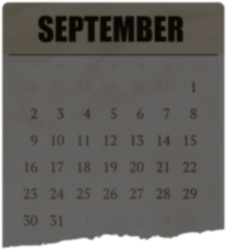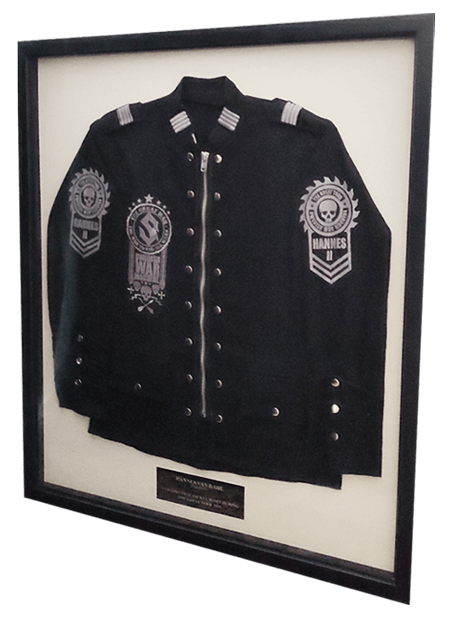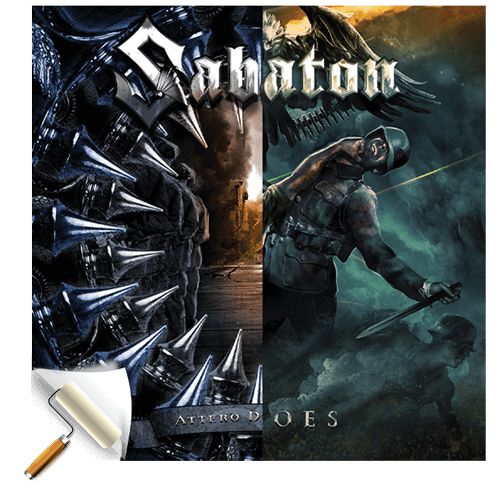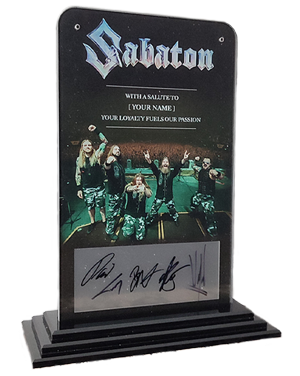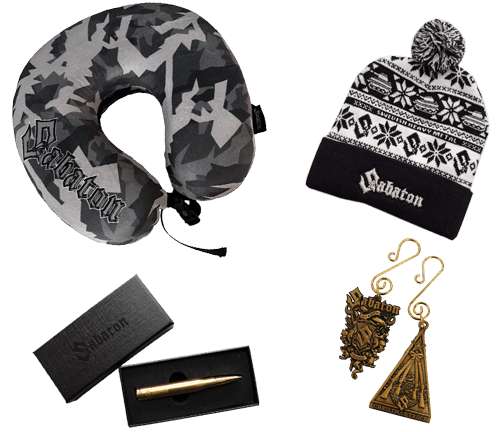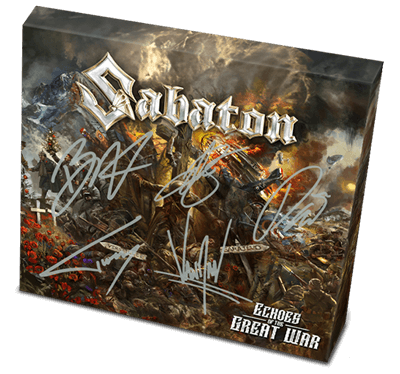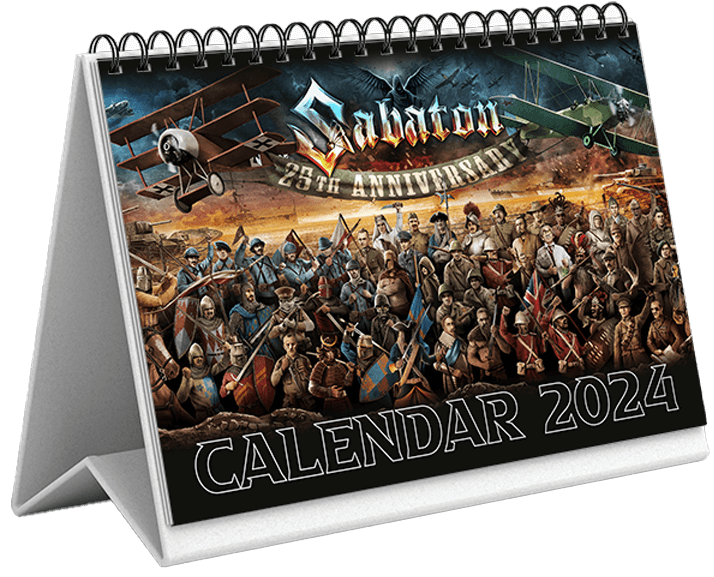Ruina Imperii
The Carolean Death March (Karolinernas Dödsmarsch) was one of the most tragic losses of life to ever befall the Swedish Army and is an important milestone in the downfall of the Swedish Empire.
By the end of 1718, Sweden and its King Charles XII – Karl XII – (Carolus Rex) were on a significant losing streak in the Great Northern War – a campaign fought by Russia and its allies against Sweden, who until that point, had been one of Europe’s major powers with a vast and successful empire. Having lost territory in the east to the Russians, Carolus Rex made the ill-fated decision to turn his attention to Norway instead, hoping that an attack on the country and the peace negotiations that would follow would win concessions from that country’s king.
Swedish officer Carl Gustav Armfeldt, defeated by the Russians at the battle of Napue (in what is now Finland), was ordered to take 10,000 of his exhausted and poorly-equipped soldiers to Norway and lay siege to the town of Trondheim. The town was found to be well defended.
November 30, 1718
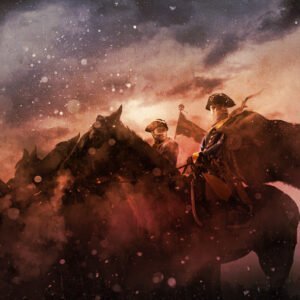 It was a cold day for the Swedish forces in front of the Norwegian fortress of Fredrikshald. Their sappers had dug their trenches in close proximity to the fortress walls, well within musket distance of the defenders. The soldiers kept their heads down as they did not want to come under sporadic fire.
It was a cold day for the Swedish forces in front of the Norwegian fortress of Fredrikshald. Their sappers had dug their trenches in close proximity to the fortress walls, well within musket distance of the defenders. The soldiers kept their heads down as they did not want to come under sporadic fire.
Dusk came and darkness proceeded to fall over the battlefield. The defenders lit torches on the walls and shot fireballs into the air, to illuminate the night sky.
This evening, King Charles XII – Karl XII – chose to walk the trenches with his officers. Karl was in a good mood and he was intrigued by the activities on the fortress walls. Curious, he climbed towards the top of the trench, despite the vehement protests of his officers. Waving them aside, he lay down alongside the breastwork, with his head and arms over the slope. Behind him, the officers were arguing, urging their King to approach with caution, to get back to safety. The darkness made it more difficult to spot him, but no musket ball would distinguish his royal highness from the common soldier.
By then it was 21:00, and the moon reappeared from behind the clouds. The King rested his cheek on his left hand and watched the scene. Suddenly the officers heard a dull sound, as if a stone fell from the skies on the cold earth. Karl’s body lay motionless on the ground.
“Lord Jesus, the King has been shot!”
The Carolean Death March
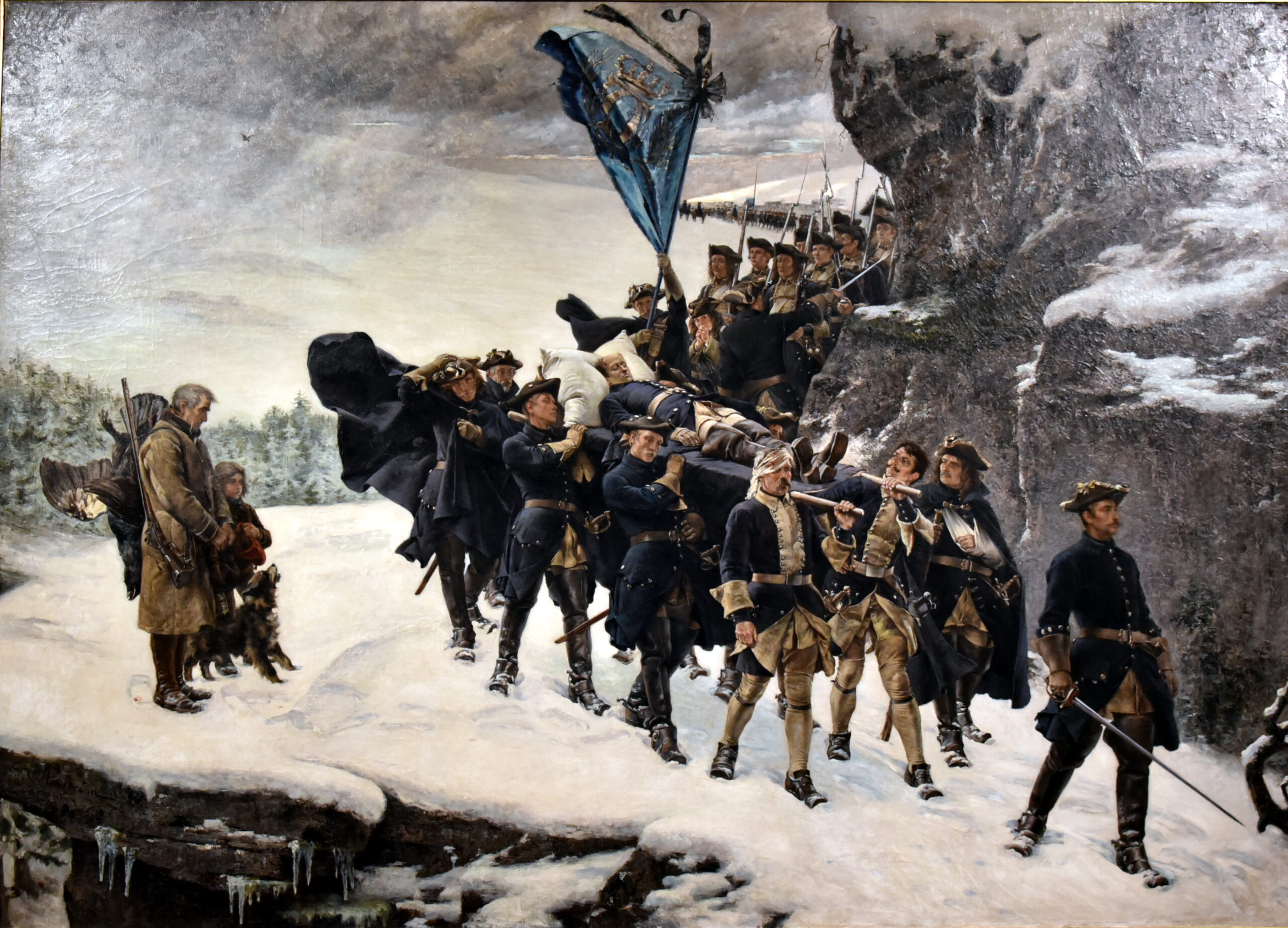
Karl XII was killed at the age of 36, in the 22nd year of his reign. His body was carried by his loyal soldiers through the snowy Norwegian mountains and back to Stockholm, where he was soon laid to rest. The war in Norway was abandoned and the armies went home.
The news of Karl’s death reached Armfeldt on January 7, 1719, and he resolved to leave the very next day via the shortest route – straight over the Tydal mountain range to reach the fort of Hjerpe.
The first stage in the journey was to the village of Ås in the Tydal region, a distance of 30 kilometres or roughly one day’s march in good conditions. The men, mostly from the empire’s Finnish lands, were ill-equipped for a trek across freezing Norwegian mountains though, and by the time the army gathered at Ås on January 11, 200 men had already died of exposure.
The 5,800 remaining Caroleans set off on the next stage of their homeward march on January 12, accompanied by Norwegian local, Lars Bersvendsen Østby, who was forced to act as their guide by taking some of his relatives hostage. There was only just over 50 kilometres between them and their destination, the village of Handöl in Jämtland County, northern Sweden. In good conditions this would be a two-day march for a properly-equipped army. However, after only a few hours on the road a storm struck, with temperatures plummeting and snow reducing visibility, forcing Armfeldt to set up camp where the army stood – the northern mountainside of Øyfjellet. The soldiers burned every piece of wood they could find in a desperate bid to keep warm, including their own rifle butts and sleds. It is thought that around 200 men – including the army’s local guide – froze to death on that first night.
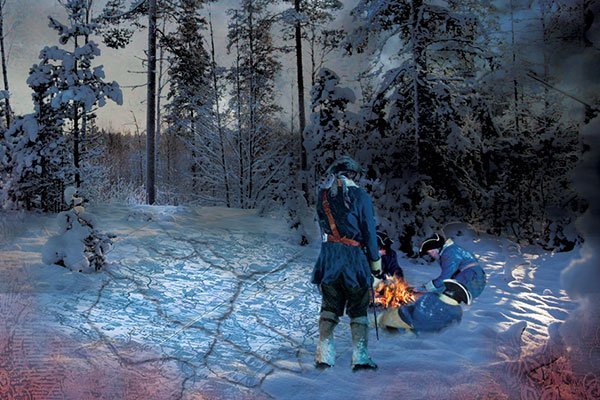
The following day, the soldiers broke formation and went off in groups in their desperation to get off the mountains. The biggest group, led by Armfeldt, managed to reach the Swedish border and reportedly cut a hole in the ice covering the River Ena to see which way the water flowed and ensure they were going in the right direction. By the time the first troops finally arrived in Handöl on January 14, the storm was still raging, and exhausted and frostbitten survivors would continue to arrive for the next two days. Three thousand Caroleans – more than half the original force – never made it to Handöl and remained frozen on the mountain. Even then, the ordeal was not over for the Caroleans – another 700 men died as they made their way to their lodgings in the village of Duved. Only 2,100 men survived the march and about 600 of those would be crippled for life.
When the storm had abated on January 18, Norwegian major Emhausen began his pursuit of the Swedish army, and as his men climbed the mountain they were met with the sight of hundreds of dead Caroleans. Many of this ghost army were huddled or collapsed in the snow, but others had frozen where they stood, including drivers still sitting on loaded sleds pulled by dead horses, holding the reins in their frozen fingers.
The dead Caroleans would become prey twice after their deaths. First came the looting of their supplies and clothing by Norwegian troops and locals, then finally the bodies became food for the wolves, wolverines and foxes of the mountains.
The fall of Swedish Empire
Seemingly overnight, the Swedish Empire crumbled. Deprived of her king, all ambitions of restoring the nation to its former glory had vanished and the vision of a Swedish Empire beyond Scandinavia died with Carolus Rex.
Karl’s rule passed to his sister Ulrica Eleonora and then to his brother-in-law Frederick after a couple of years. The Swedish soldiers were forced to fight the Russian fleet in the coming years, as they began pillaging the Swedish shores and islands. Although the Swedes were still fighting, even if it was just to keep the homeland safe, peace was on the horizon. In the treaties of Frederiksborg and Nystad, Sweden lost all its Baltic territories, which Russian Tsar Peter had already occupied, and its dominions in northern Germany were partitioned among her other enemies. Sweden’s empire had ended. But away from the endless wars, and Karl’s ever unfulfilled desire for conquest, Sweden finally had a chance to recover.
The Swedes had suffered much during the last years of Karl reign, and the burdens of the last decade had ruined the state. Just like the soldiers in the field, the Swedish peasants had to suffer and endure a great deal, simply to fulfill their duty to king and country. The endless and ever increasing demands made upon the yeomanry impoverished most of Sweden’s farmers. The obligations to supply the crown with grain and fodder, horses and carts, had left many with little for themselves.
In addition, the way the Swedish military system was designed, each farm had to maintain up to three soldiers. Each Swede was obliged to supply soldiers with not only food, but with luxuries like tobacco and spirits. Bad harvests worsened their lot, bringing famine and disease.
Sweden’s south, the breadbasket of the nation, saw a massive decline in population during Karl’s reign. Farmsteads had been deserted as the young men went to war. Travellers made remarks about the dismal existence of the Swedish farmers and the absence of young men in the countryside. Some said they did not see a single man between 20 and 40 in the whole country, except for those in the army.
Commerce and foreign trade had nearly stopped because of the constant state of war. Trading with the Baltic provinces became mostly impossible, and revenues dried up. While Swedish ships remained at anchor, British, Dutch and Danish merchants exploited the gap and took over the markets. The ensuing lack of raw materials and resources soon crippled manufacturers all over Sweden. Karl XI had left his son a full treasury, and while Sweden was victorious in the field, the war would partly pay for itself through plunder and subsidies. But the longer the wars dragged on and eventually turned against the Swedes, the debt rose to unbearable levels.
The final years of Karl’s reign
In the final years of Karl’s reign, the royal treasury accumulated a deficit of over one million pounds. The Swedish economy, flooded with nearly worthless paper money and metal tokens, was about to collapse.
Karl had been the one who stood in the way of peace. While he was alive, he would have never accepted a compromise that would not restore the territory he had lost. A disadvantageous peace, even just for the sake of his nation, would have been unacceptable to that monarch. Karl however, was not indifferent to the suffering of the Swedes, nor was he an evil tyrant who exploited them for the sake of his own glory, as his enemies often portrayed him. But Karl lived in the moment. He looked to his immediate needs, on how to finance the next strike against his enemies and left the internal problems to his pretty powerless ministers.
In the field, Karl willingly shared the hardships of his soldiers. He slept on the same cold ground, ate the same meagre meals and exposed himself to mortal danger time and time again. As a king, he valued valour, modesty, piety and restraint above all else. While on campaign, no one would have taken Karl for a king if they did not know him. He didn’t wear expensive garb, jewels, or even fur or armour. As a commander, Karl cared deeply for his subordinates. He was reassuring to his officers, and kind to even the lowliest servant. Although never on familiar terms, he took great care of those that shed blood in his name. He was often found sitting in silence sharing the soldier’s lot, as he mourned those who had fallen in his service. Still, he expected nothing less than absolute obedience from his soldiers. His command was law, and those who doubted his judgement would feel his wrath. As he was generous to his men, he was equally terrible to his foes. He would burn down a village of innocents, if it meant not letting the guilty escape, and judgement over he himself was to be done by God, no one else.
Cherishing a legacy
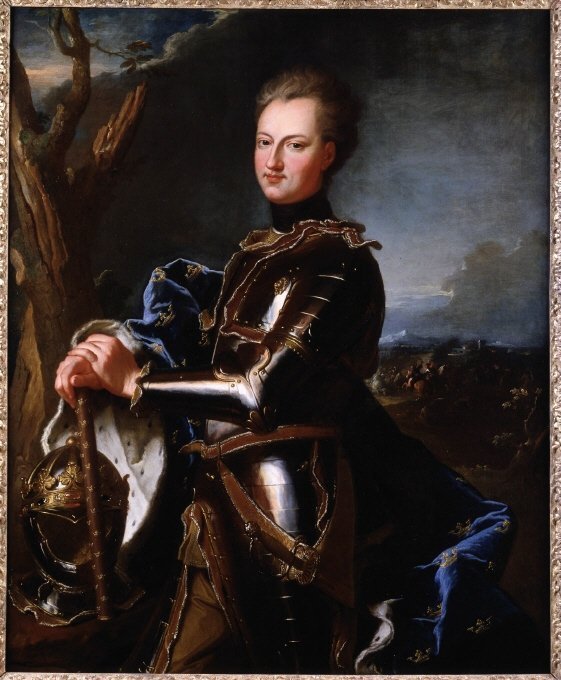
Karl clung to the legacy of Swedish Empire and saw it as his personal responsibility to keep fighting for its honour and existence. He fought the wars to right old wrongs, to recapture what was lost and keep what was “rightfully” his, always believing that just one more decisive victory on the battlefield would turn it all around. Karl had seen life as a cycle of good and bad times. Just as he was victorious in the field, there would come a time when he would lose it all, only to rise back up once more. But in the end, it all vanished in this one fateful night in front of Fredrikshald. Karl’s death led to the end of the old Swedish Empire. Sweden would successfully defend itself, though, and soon enter an Era of Liberty, but both the absolute monarchy and the empire were lost forever.
Years later, Swedish King Gustavus III said of Karl II: “He was rather extraordinary than great. He certainly had not the true conquering temperament which simply aims at acquisition of territory. Karl took dominions with one hand only to give them away with the other. Superior to Alexander, with whom it were an injustice to compare him, he was as much inferior to his rival Peter in the qualities which make a great ruler, as he excelled him in those qualities which go to make a great hero.”
Was Karl XII a good King or a bad King? Did he resemble the hero of his own Greek tragedy, forced to fight a war that he would lose no matter what? Was there a realistic chance that he could reinvigorate the Dominium Maris Baltici, like his forefathers had envisioned? Or was he a selfish tyrant, one whose endless wars brought nothing but misery to his realm and his people? Over the centuries, people have remained fascinated by Karl’s life, and it seems that history has still not made up its mind about him.
The tale of The Carolean Death March truly impacted us as a band and heavily inspired our song ‘Ruina Imperii‘, which is featured on our Carolus Rex album. Take a look at the lyrics we wrote here.
If you prefer a visual representation of this story, watch our Sabaton History episode, Ruina Imperii – End of an Empire.
